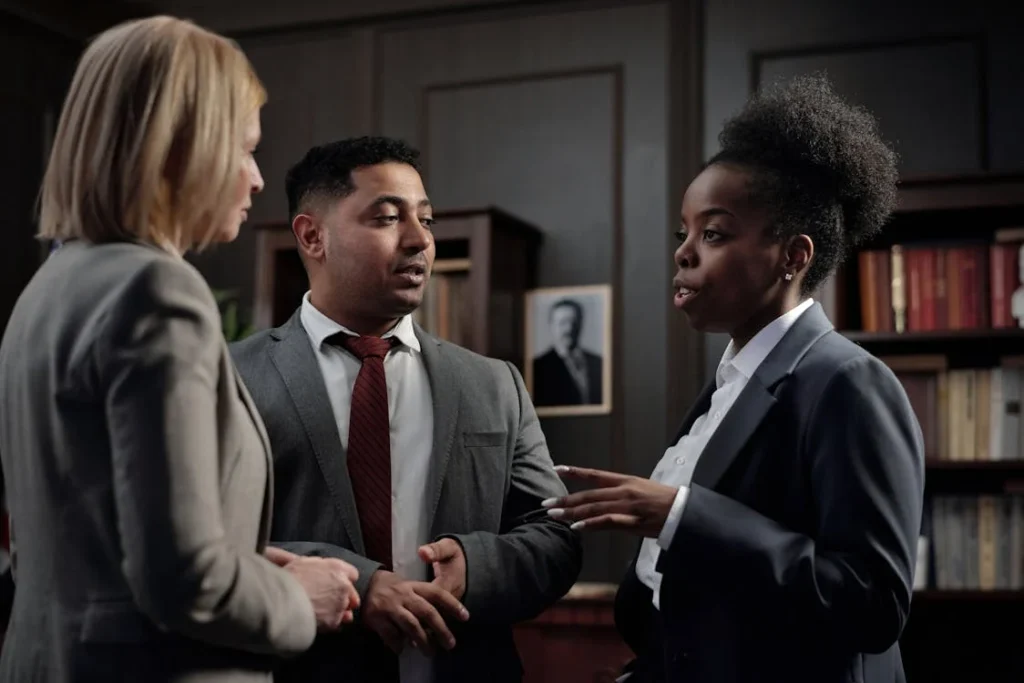
Civil asset forfeiture is becoming more prevalent, meaning that instead of pursuing money laundering charges, the government may target your home. Officials seem to be taking this path increasingly frequently. In regards to both an Account Freezing Order and an Account Forfeiture Order, TQ Legal collaborates with some of the top forensic accountants and criminal defense attorneys.
An Account Freezing Order: What Is It?
The Proceeds of Crime Act of 2002 was revised by the Criminal Finances Act of 2017, which established Account Freezing Orders and Account Forfeiture Orders. The relevant law enforcement and investigative agencies, HSE Investigations & Prosecutions have recently implemented them with great zeal, and experts predict that the authorities will obtain thousands of these orders annually.
In contrast to a criminal prosecution for money laundering or getting a freezing injunction in the High Court, which are closely examined, it is crucial to realize that such an order is quicker, less expensive, and more effective for the authorities. Defined officers employed by any of the aforementioned institutions typically issue these orders ex parte, or without prior notice, to a Magistrates Court.
Generally, within the criminal jurisdiction, these civil cases are heard in the Magistrates Court and are governed by the frequently complicated Magistrates Court Rules 1981 and The Magistrates’ Courts. This type of order can be issued for a maximum of two years. The initial orders typically last six to twelve months; accounts with connections to other jurisdictions are subject to a 12-month freezing order.
When You Receive an Account Freezing Order or Account Forfeiture Notice, What Should You Do?
- If an account freezing order is served, you should immediately contact a specialized solicitor with knowledge of white-collar crime, financial and corporate crime, POCA, and money laundering. A competent defense attorney will be familiar with asset restraint orders and, more importantly, Magistrates Courts and their complex laws. Expert defense solicitors know the District Judges and lay Magistrates making these decisions and, more crucially, the NCA, HMRC, SFO, and police’s practice and policy.
- Try to communicate directly with the “enforcement officer” and prepare any claims (and accompanying evidence) about the money’s legal source and purpose.
- Consider requesting a change of the initial freezing order for living expenses, trade, and reasonable legal fees. (These submissions or applications to the Court for deviation of the AFO are challenging since the Courts are reluctant and require detailed information and evidence). Legal expenditures are only granted at significantly lower than market prices. State funding for these processes is nonexistent.
- It’s crucial to verify that the investigators followed the Notices and directives’ rigorous Service requirements. Failure to follow these Notice provisions can lift an account freezing order, therefore this is crucial.
- As an innocent third party with a legitimate interest in the frozen funds, you can change the cash seizure order to ensure their return.
- It is also feasible to cross-examine the “enforcement officer” later, when the authorities ask to prolong the original freezing order, about the investigation’s progress and diligence. These officers are typically underfunded and pressured to freeze and forfeit these funds, which go to the Central government.
Conclusion
Your capacity to manage your business can be severely impacted by a frozen bank account. Once a winding-up petition has been served on the corporation, the financial accounts of the company are typically frozen and you are required to engage a qualified legal expert to manage the process.
Read More: click here